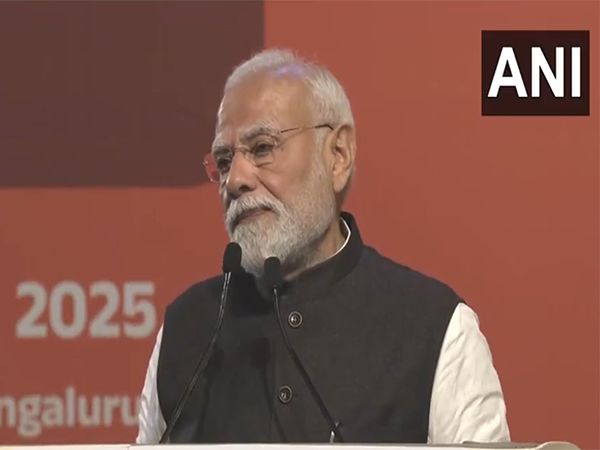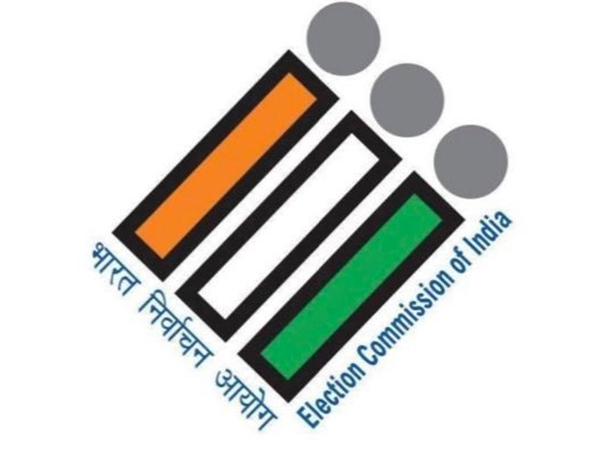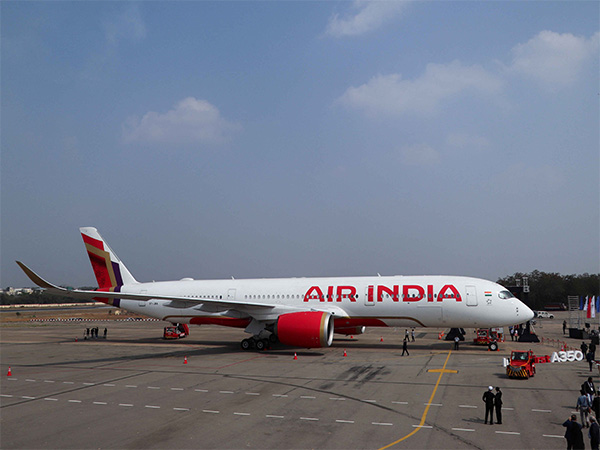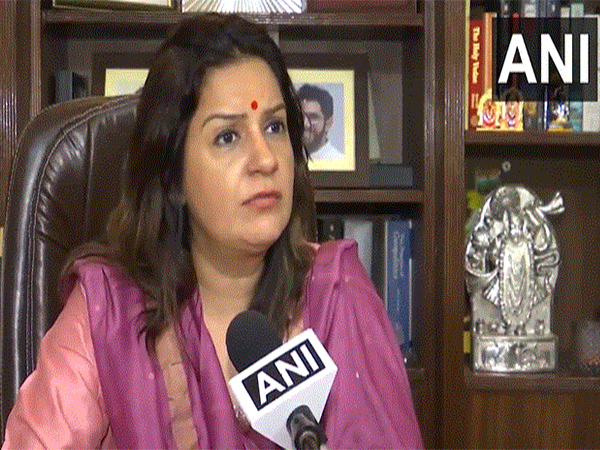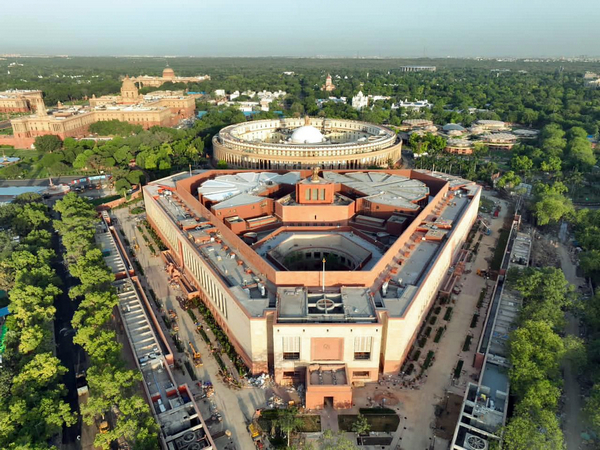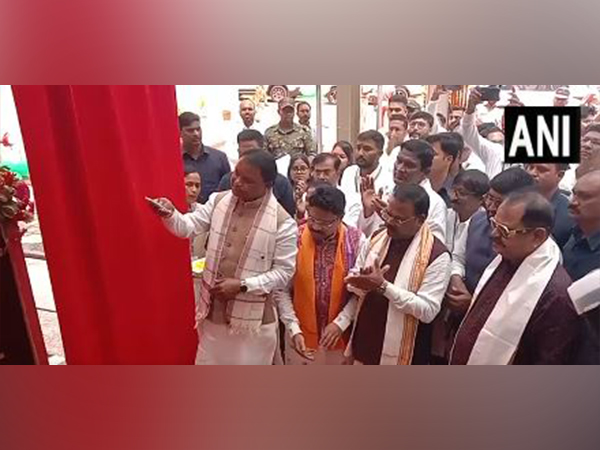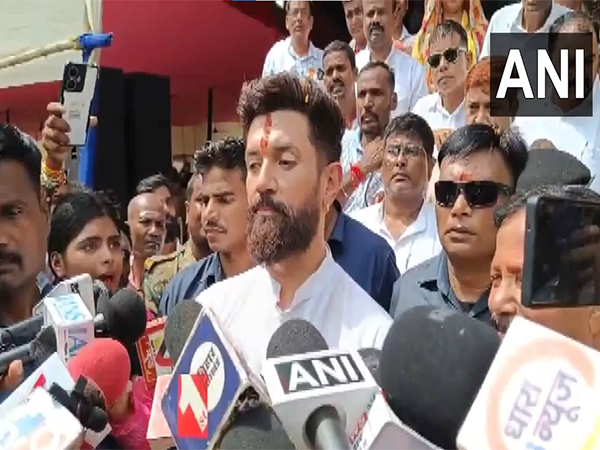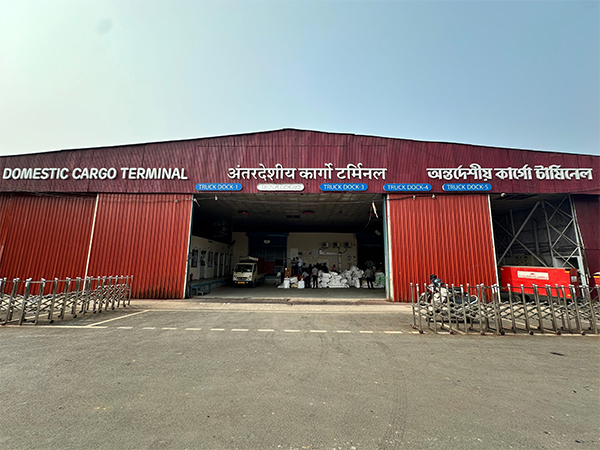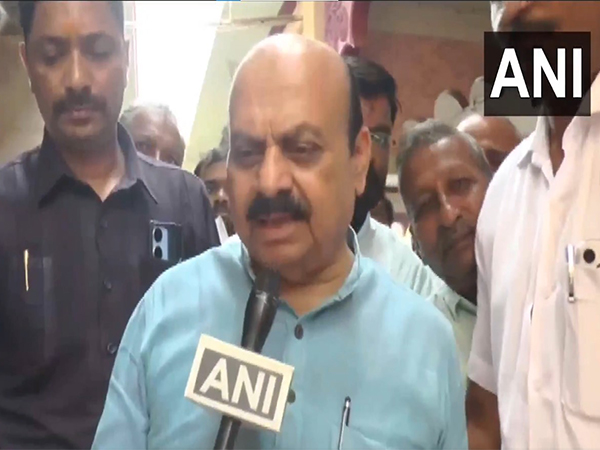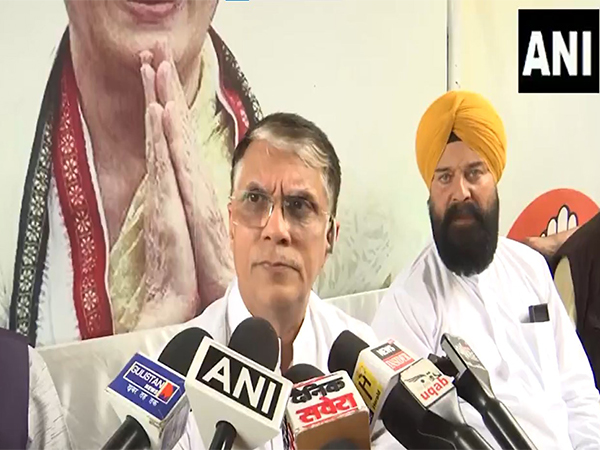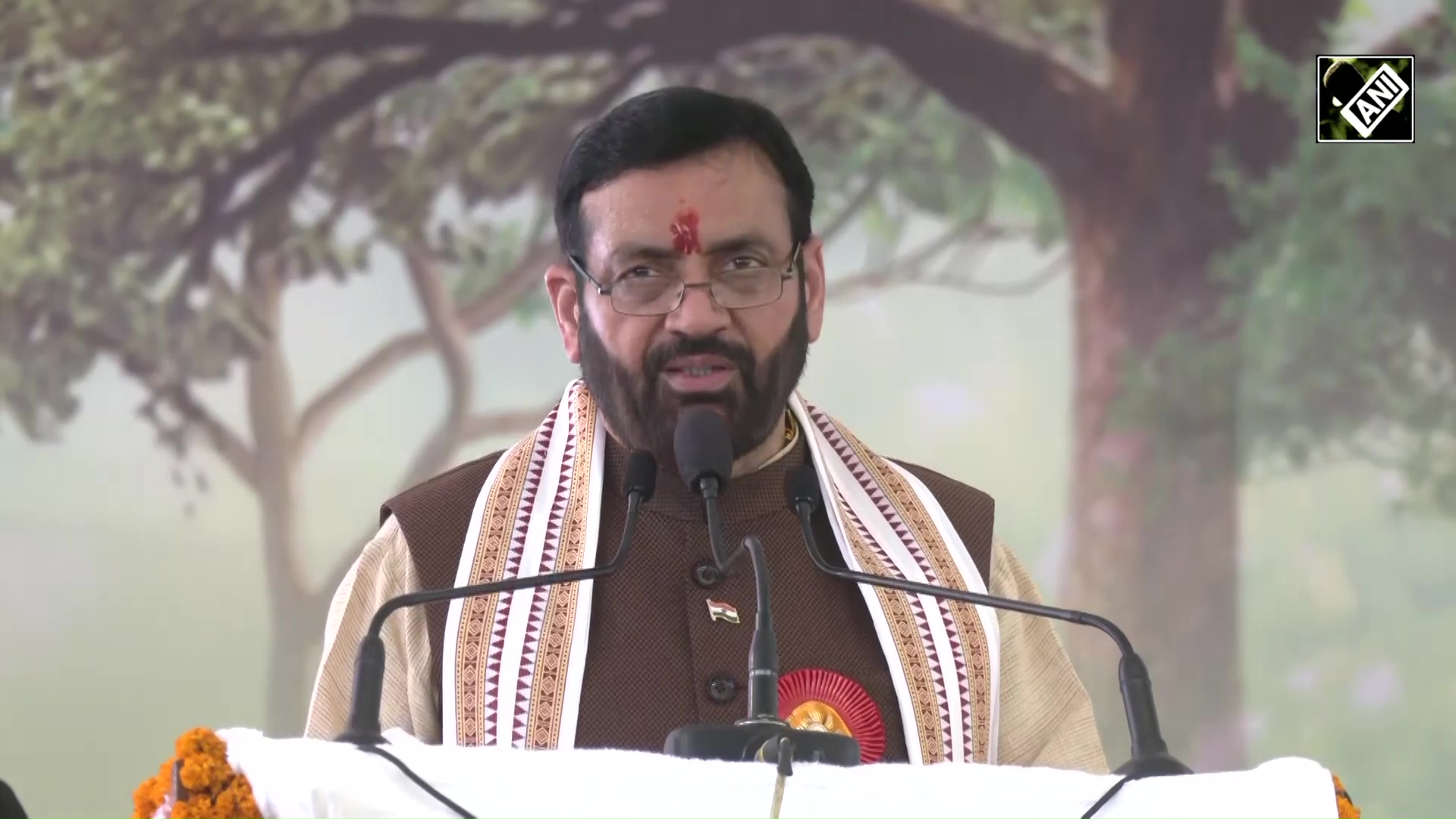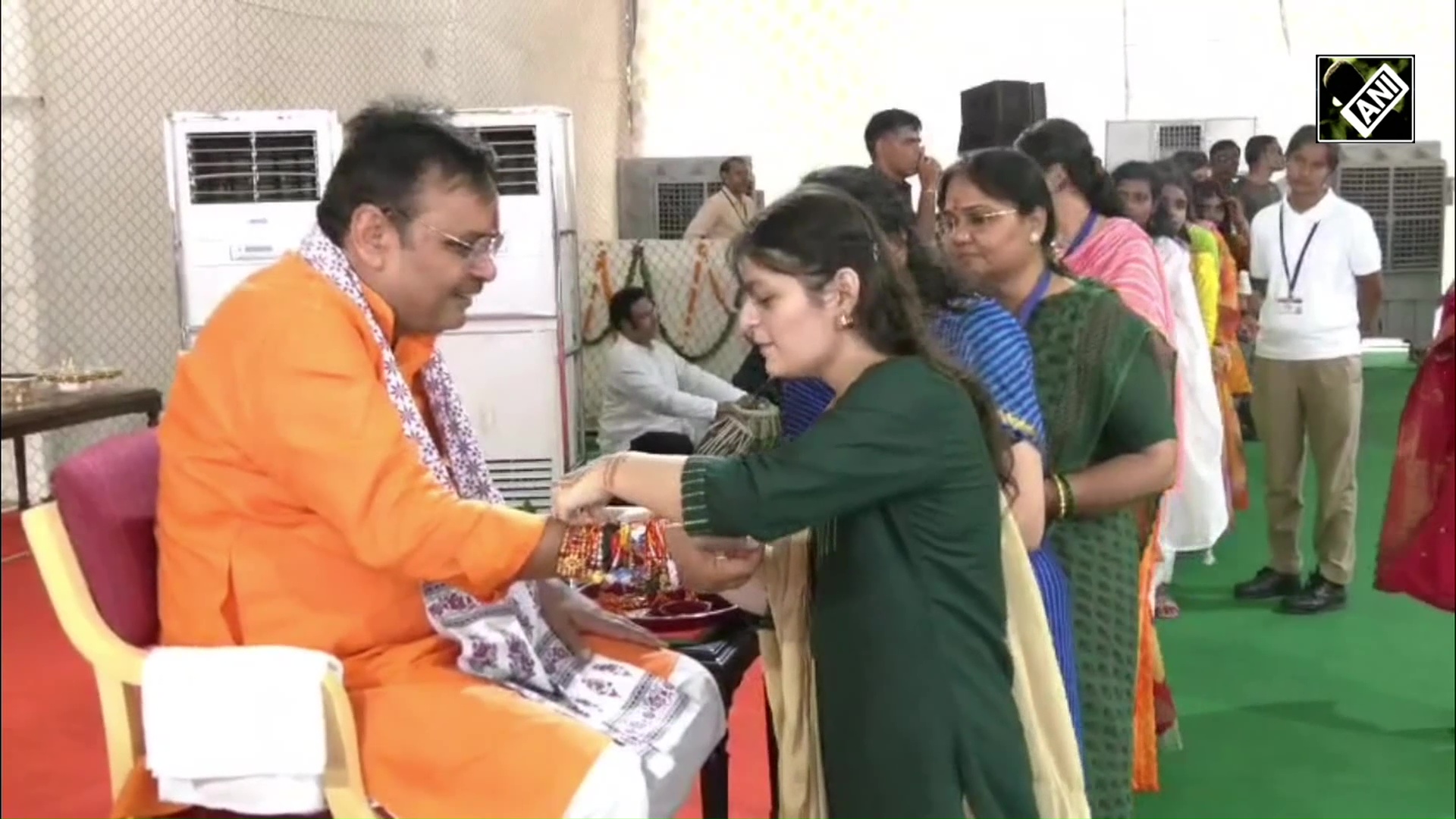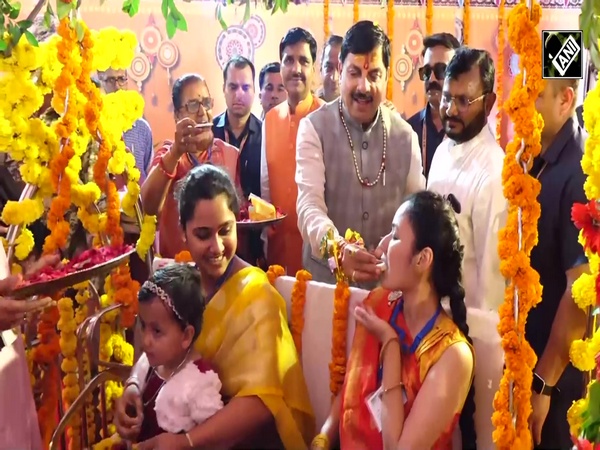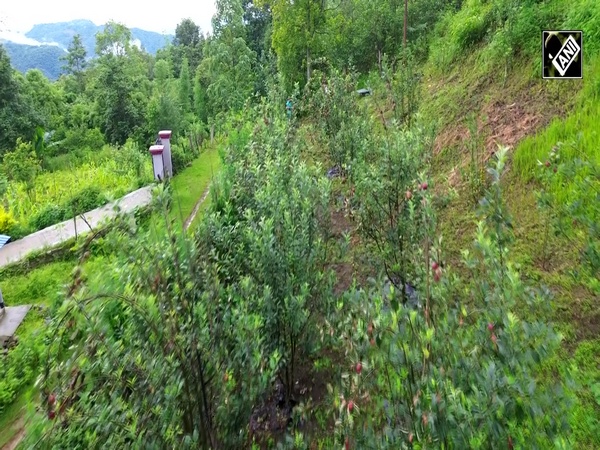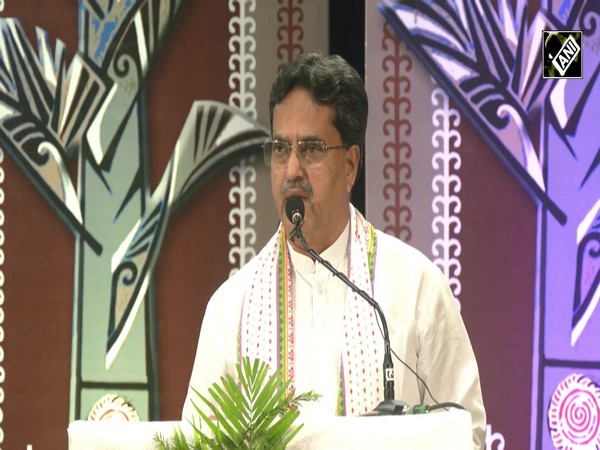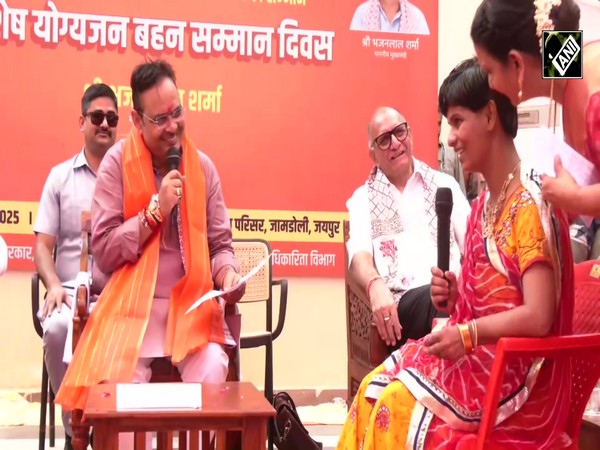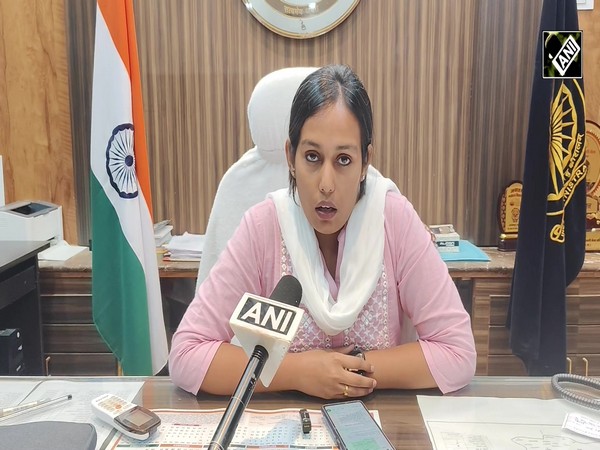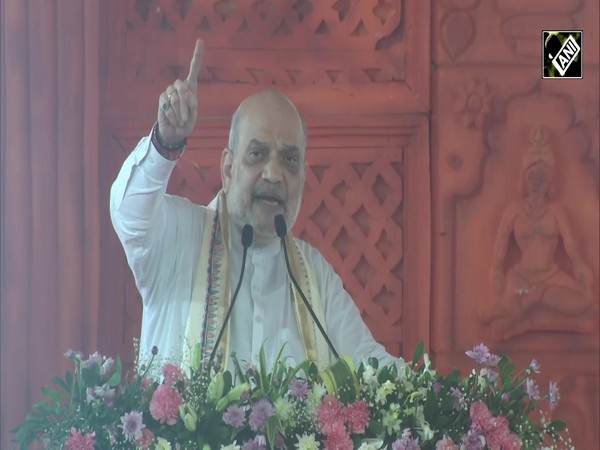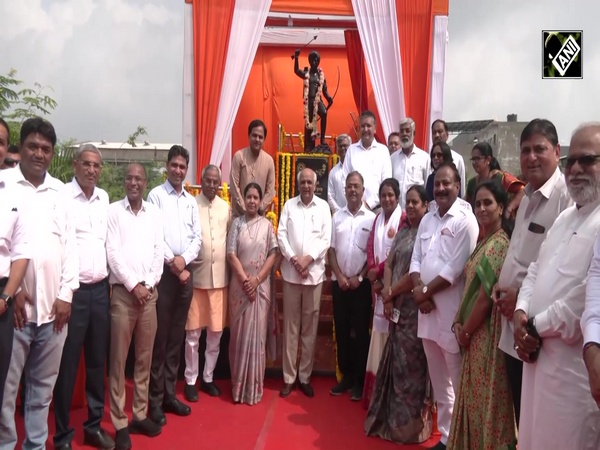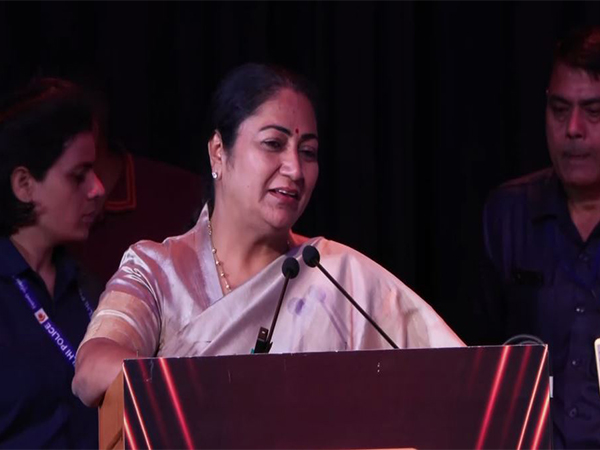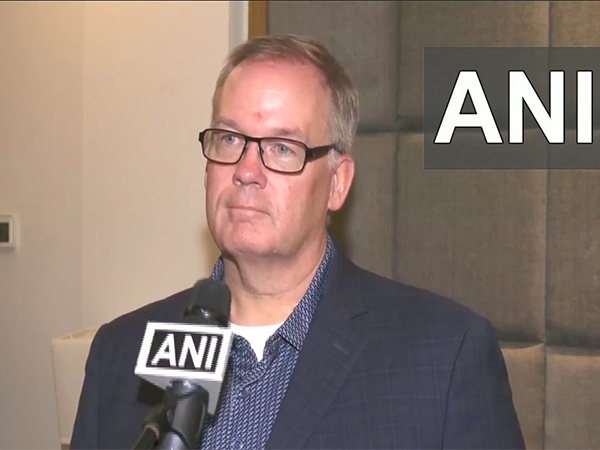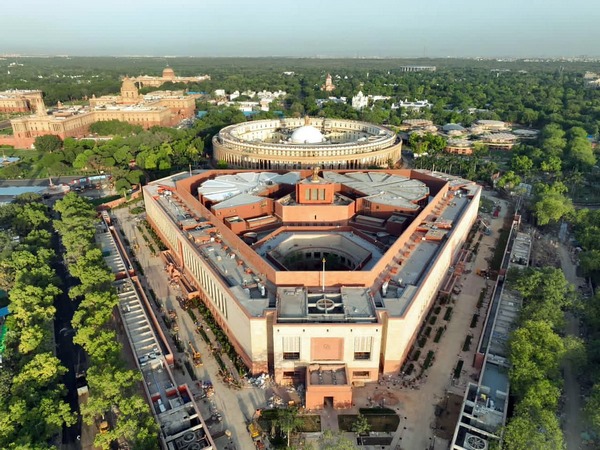
JPC on 'One Nation One Election' to meet experts on Aug 11
Aug 10, 2025
New Delhi [India], August 10 : The Joint Parliamentary Committee (JPC) on the One Nation One Election Bill is scheduled to interact with a panel of experts on Monday (August 11) at 3 pm.
The meeting will be held at the Main Committee Room (MCR) of the Parliament House Annexe.
Among the experts invited to share their views are Prof. G Gopal Reddy from Miranda House, University of Delhi; Prof. Sushma Yadava of the Central University of Haryana; Dr. Vinay Sahasrabuddhe, former Rajya Sabha member; Prof. Sheila Rai of Rashtriya Samaj Vigyan Parishad; and Prof. Nani Gopal Mahanta from Gauhati University.
The session will focus on the prospects and challenges of holding simultaneous elections to the Lok Sabha and state assemblies across India.
The JPC will interact further with Justice Sanjiv Khanna, former Chief Justice of India, on the said Bills on August 19.
Earlier on, at the JPC meeting on 30th July, a presentation was made by NK Singh, former Rajya Sabha Member and Chairman of the Fifteenth Finance Commission of India, and Dr. Prachi Mishra, Professor of Economics at Ashoka University. Their presentation highlighted the economic benefits of simultaneous elections, a top source familiar with the meeting told ANI ..including: Higher Real GDP Growth*: Simultaneous elections can lead to a 1.5% increase in real GDP growth, equivalent to ₹4.5 lakh crores in FY24 terms almost half the total health budget or a third of the education budget.
Higher Fiscal Deficit Post-Elections - Fiscal deficit rises by 1.3 pp of GDP after simultaneous elections due to post-election spending, while pre-election spending is lower compared to non-simultaneous elections.
Greater Capital Expenditure - The capital-to-current spending ratio is 5.4 pp higher post-simultaneous elections, indicating a shift towards productive, return-generating investments.
Higher Investment Ratio (GFCF/GDP) - Gross Fixed Capital Formation is 0.5 pp higher post-simultaneous elections, reflecting greater investment activity, especially private and foreign.
Disruption of Economic Activity - Frequent elections create uncertainty that disrupts manufacturing, construction, tourism, and healthcare, with migrant workers frequently returning home, affecting productivity.
Impact on Migrant Workers - Nearly 1/3rd of India's population is migrants. Multiple elections impose a financial burden and often deny them voting rights, weakening the universal adult franchise.
Lower Primary School Enrolment Primary enrolment is 0.5 pp lower around non-simultaneous elections due to teachers on election duty and schools converted into polling booths.
Increase in Crime Rate - Elections see a rise in crime due to the diversion of police for electoral duties. Crime grows more during non-simultaneous elections due to the longer duration of deployment.
Frequent Model Code of Conduct (MCC) - Non-simultaneous elections necessitate the imposition of MCC four times in five years, which restricts government functioning and slows down development work.
Elections Every Year Since 1986 - India has not had a single year without elections since 1986, placing the country in a perpetual election mode.
Spillover of Populist Promises - Election promises in one state often influence policies in others, leading to a policy contagion effect.
Freebies and Populism Rise - Frequent elections fuel unsustainable welfare measures. NK Singh calls this a "race to the bottom" in fiscal populism.
Impact on Agricultural Policy Certainty - Repeated elections lead to speculative uncertainty about MSPs, subsidies, and loan waivers, distorting farmer decision-making and the agri-economy.
JPC meeting on One Nation One Poll, which took place on 30th July, where N.K. Singh, former Rajya Sabha Member, Chairman of Fifteenth Finance Commission of India, former Member of the Planning Commission, former Revenue Secretary, Secretary to former Prime Minister and noted economist on the said Bills assisted by Dr. Prachi Mishra, Prof. of Economics and Head & Director of Isaac Centre for Public Policy, Ashoka University deposed before the committee.
The JPC was constituted during the last winter session of Parliament after the Centre agreed to subject the ONOE Bill to detailed legislative scrutiny. Initially tabled by law minister Arjun Ram Meghwal, the committee's membership was later expanded to 39, accommodating demands from the opposition.
